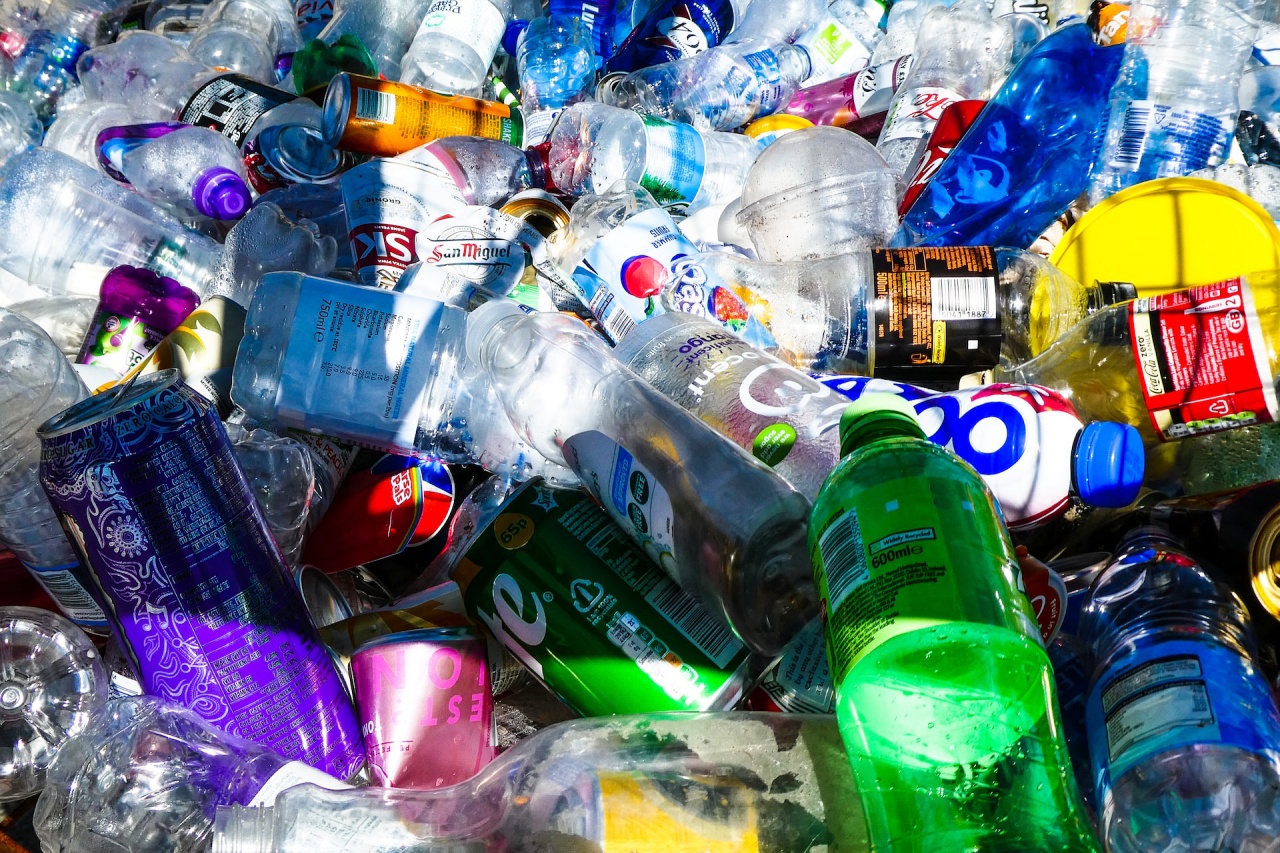Coca-Cola, Lotte Chilsung, and JDC, or Jeju Special Self-Governing Province Development Corp., have been called out for generating the most disposable plastic waste among South Korean food and beverage companies. Greenpeace Korea conducted a survey and published the result on Wednesday, Jan. 24.
According to The Korea Times, the Korean unit of the environmental group divulged its findings after questioning more than 2,000 participants who monitored the single-use plastic they had thrown out for a week in July. They recorded the results in a mobile app, and Greenpeace collected this.
Results of the Survey
After gathering the results, Greenpeace grouped the plastic wastes according to manufacturer, material, and function. It was revealed that out of the 86,055 pieces of disposable plastics, 78.3% were food packaging. The next highest was from drinking water and beverage bottles, which recorded 37.6%.
Plastic from meal packs and snacks also generated the most waste. Of the companies, Lotte Chilsung ranked first with 3,864 pieces of plastic waste, almost 12% of the total volume of waste in the survey.
Greenpeace listed JDC at No. 2 with 7.6%, while Coca-Cola placed third with 5.3%. The organization also revealed that Coupang and Dong-A Otsuka are in the top ranking for companies that generate the most plastic.
Plastic Emissions Analysis in Korea
As per Chosun Business, the environmental group's report was based on a plastic emissions analysis that regular Korean consumers participated in from July 23 to July 29 last year. The results led to Greenpeace calling out the companies to do more to help reduce plastic waste in the country.
"Beverage companies have been producing the largest amount of disposable plastic for four years in a row, but they are not taking the ultimate change or taking responsibility for that," Greenpeace plastic campaigner Kim Nara said in a statement. "These companies transparently disclose the amount of disposable plastic they use every year and encourage reuse. We need to create a practical plan to reduce disposable plastic waste by introducing a refill-based system."
She added, "The government should not ignore the deception of these companies and introduce strong policies as the host country for the last meeting of the International Plastics Agreement and as a member of the Alliance of Friendly Nations that demands a strong agreement."
Photo by: Nick Fewings/Unsplash



 SpaceX Prioritizes Moon Mission Before Mars as Starship Development Accelerates
SpaceX Prioritizes Moon Mission Before Mars as Starship Development Accelerates  Trump Backs Nexstar–Tegna Merger Amid Shifting U.S. Media Landscape
Trump Backs Nexstar–Tegna Merger Amid Shifting U.S. Media Landscape  TSMC Eyes 3nm Chip Production in Japan with $17 Billion Kumamoto Investment
TSMC Eyes 3nm Chip Production in Japan with $17 Billion Kumamoto Investment  Nasdaq Proposes Fast-Track Rule to Accelerate Index Inclusion for Major New Listings
Nasdaq Proposes Fast-Track Rule to Accelerate Index Inclusion for Major New Listings  Rio Tinto Shares Hit Record High After Ending Glencore Merger Talks
Rio Tinto Shares Hit Record High After Ending Glencore Merger Talks  Nvidia CEO Jensen Huang Says AI Investment Boom Is Just Beginning as NVDA Shares Surge
Nvidia CEO Jensen Huang Says AI Investment Boom Is Just Beginning as NVDA Shares Surge  SpaceX Pushes for Early Stock Index Inclusion Ahead of Potential Record-Breaking IPO
SpaceX Pushes for Early Stock Index Inclusion Ahead of Potential Record-Breaking IPO  Sony Q3 Profit Jumps on Gaming and Image Sensors, Full-Year Outlook Raised
Sony Q3 Profit Jumps on Gaming and Image Sensors, Full-Year Outlook Raised  American Airlines CEO to Meet Pilots Union Amid Storm Response and Financial Concerns
American Airlines CEO to Meet Pilots Union Amid Storm Response and Financial Concerns  Global PC Makers Eye Chinese Memory Chip Suppliers Amid Ongoing Supply Crunch
Global PC Makers Eye Chinese Memory Chip Suppliers Amid Ongoing Supply Crunch  Once Upon a Farm Raises Nearly $198 Million in IPO, Valued at Over $724 Million
Once Upon a Farm Raises Nearly $198 Million in IPO, Valued at Over $724 Million  Toyota’s Surprise CEO Change Signals Strategic Shift Amid Global Auto Turmoil
Toyota’s Surprise CEO Change Signals Strategic Shift Amid Global Auto Turmoil  Uber Ordered to Pay $8.5 Million in Bellwether Sexual Assault Lawsuit
Uber Ordered to Pay $8.5 Million in Bellwether Sexual Assault Lawsuit  Prudential Financial Reports Higher Q4 Profit on Strong Underwriting and Investment Gains
Prudential Financial Reports Higher Q4 Profit on Strong Underwriting and Investment Gains  Baidu Approves $5 Billion Share Buyback and Plans First-Ever Dividend in 2026
Baidu Approves $5 Billion Share Buyback and Plans First-Ever Dividend in 2026  TrumpRx Website Launches to Offer Discounted Prescription Drugs for Cash-Paying Americans
TrumpRx Website Launches to Offer Discounted Prescription Drugs for Cash-Paying Americans  OpenAI Expands Enterprise AI Strategy With Major Hiring Push Ahead of New Business Offering
OpenAI Expands Enterprise AI Strategy With Major Hiring Push Ahead of New Business Offering 































